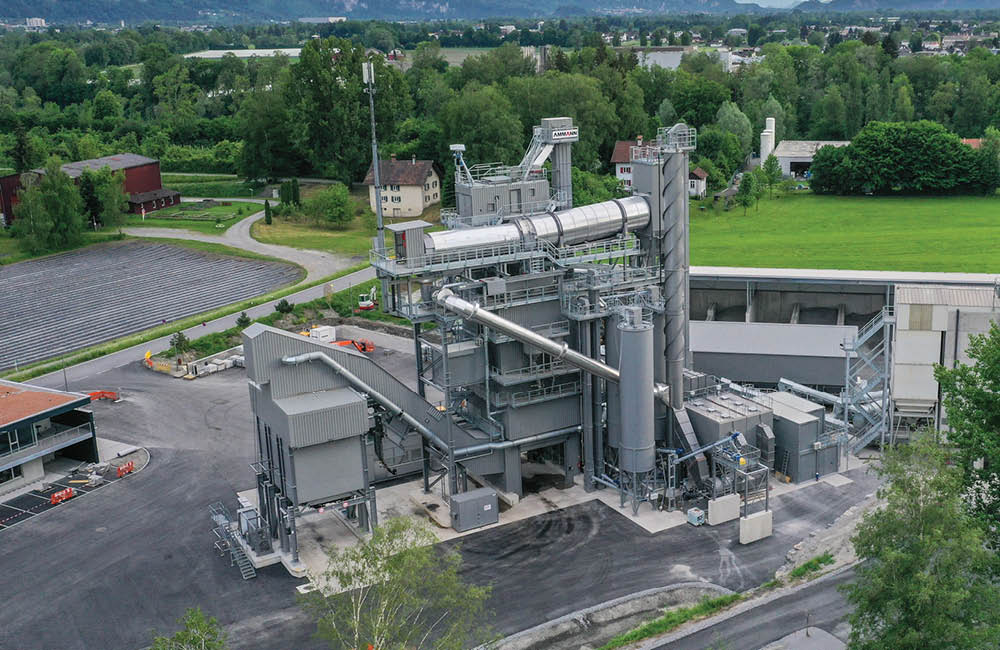The UEPG wants to become a social partner of the Sectoral Social Dialogue Committee of the Extractive Industries in a bid to promote the industry
In early March the
If it is successful in its bid, then the UEPG will join the European Mine, Chemical and Energy Workers Federation (EMCEF),
Talking sense In 2000, the European Commission adopted a communication, setting out the broad policy lines for promoting sustainable development in the EU extractive industry and for reconciling the need for more secure and less polluting activities whilst maintaining competitiveness. The Commission stressed the need for an improvement in the environmental performance of the industry in general and for improved accident prevention in particular.
From 2002 to 2007 joint declarations, positions and agreements have been made within the sectoral social dialogue committee on environmental, social and economic issues. This included the agreement protecting workers exposed to crystalline silica dust in October 2006. This was signed also by social partners of the extractive industries, including UEPG.
In 2008 social partners adopted a position paper on the climate package. Currently the SSDCEI is working on the guidelines to improve safety and to prevent accidents on site, targeting mainly two groups of employees: young workers and foreigners.
The March meeting agenda covered health and safety: accident statistics, the expiring council regulation on state subsidies for the coal industry, the UEPG presentation, the ETS impact on the extractive industries, the effects of the economic crisis on employment and social issues in the extractive industries.
Prime partner UEPG Health and Safety Committee secretary and Public Affairs manager Dirk Fincke made a presentation on UEPG objectives and actions in the health and safety sector. The UEPG Health and Safety Committee under the chairmanship of Martin Isles, agreed at the last committee meeting in 2008 to apply to become a social partner to SSDCEI and to contribute to: l Better risk management; l Reinforcement of health protection;
EU environmental policy on common positions; l Current accident project surveys; l Reduce accidents/incidents at work sites.
UEPG is already a pro-active participant in the health and safety sector and as such contributes to a number of key issues. These include collaborating with external partners for monitoring issues including the Community strategy 2007-2012 on health and safety at work; as a signatory of the Social Dialogue Agreement (SDA) on Respirable Crystalline Silica; working with the Standing Working Party for the Mining and Other Extractive Industries (SWPEI); and on labelling and traceability of explosives.
Other initiatives include the UEPG Health & Safety Good Practice Guide in the Aggregates Industry which comprises more than 200 examples from operations of European companies; promoting the Health and Safety Awards 2008 held by the UK's
Other elements include the partnership with the
The UEPG fulfils already the criteria of a social partner as it represents a sector, is organised at European level, and has an adequate structure to ensure active participation.
During the meeting, the existing partners welcomed the application of UEPG to become a social partner. The next meeting will be the plenary session and will take place on 4 June 2009 at the European Commission.














